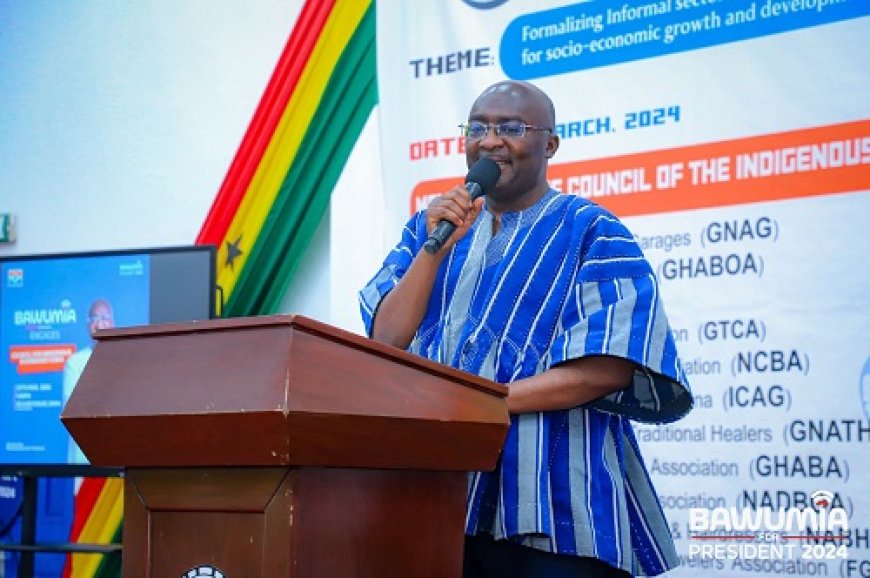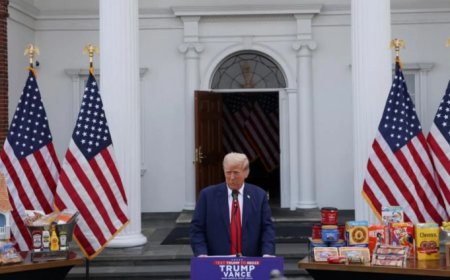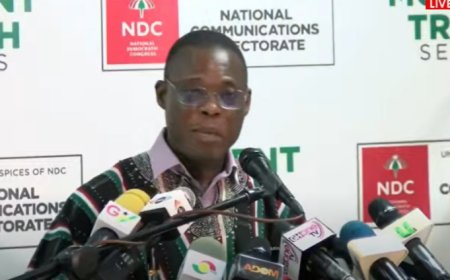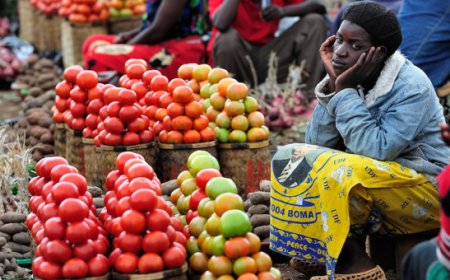Vice President Bawumia Assures Indigenous Businesses of Tax Reform Benefits
Vice President Dr. Mahamudu Bawumia engages with the Council of Indigenous Business Association of Ghana (CIBA), unveiling comprehensive tax reforms aimed at fostering growth, transparency, and competitiveness within the indigenous business sector.

In a bid to bolster Ghana's business landscape, particularly empowering indigenous enterprises, Vice President Dr. Mahamudu Bawumia has engaged with the Council of Indigenous Business Association of Ghana (CIBA), unveiling comprehensive tax reform plans tailored to spur growth.
In a dynamic session held in Accra on Monday, March 25, Dr. Bawumia elucidated his proposed tax reforms, emphasizing their role in fostering competitiveness and transparency within the business ecosystem. Among these reforms is a slated tax amnesty slated for introduction in 2025, alongside a streamlined flat tax rate mechanism.
Addressing concerns over convoluted tax procedures, Dr. Bawumia stressed the simplicity and transparency underpinning the envisioned reforms. He articulated, "The new tax reforms I have outlined, including the flat tax rate, will make the tax system transparent and easy to calculate."
Under the proposed reforms, import duties on containers will adopt a flat structure, with exchange rates stabilized to ensure predictability, further bolstering Ghana's trade environment. Notably, Dr. Bawumia underscored his commitment to aligning Ghana's import duties with neighboring Togo or potentially lowering them to maintain competitiveness.
Moreover, Dr. Bawumia reiterated his dedication to scrapping the contentious e-levy tax, aligning with his vision for a cashless society and fostering an environment conducive to business expansion.
The CIBA, comprising various grassroots business associations spanning from garages to barbershops, welcomed the Vice President's proposals, expressing optimism for enhanced growth prospects under the envisaged reforms.
As Dr. Bawumia continues his engagements with stakeholders, these dialogues mark a pivotal step towards reinvigorating Ghana's economic landscape, driving prosperity for indigenous businesses and fostering sustainable growth nationwide.
What's Your Reaction?





































































